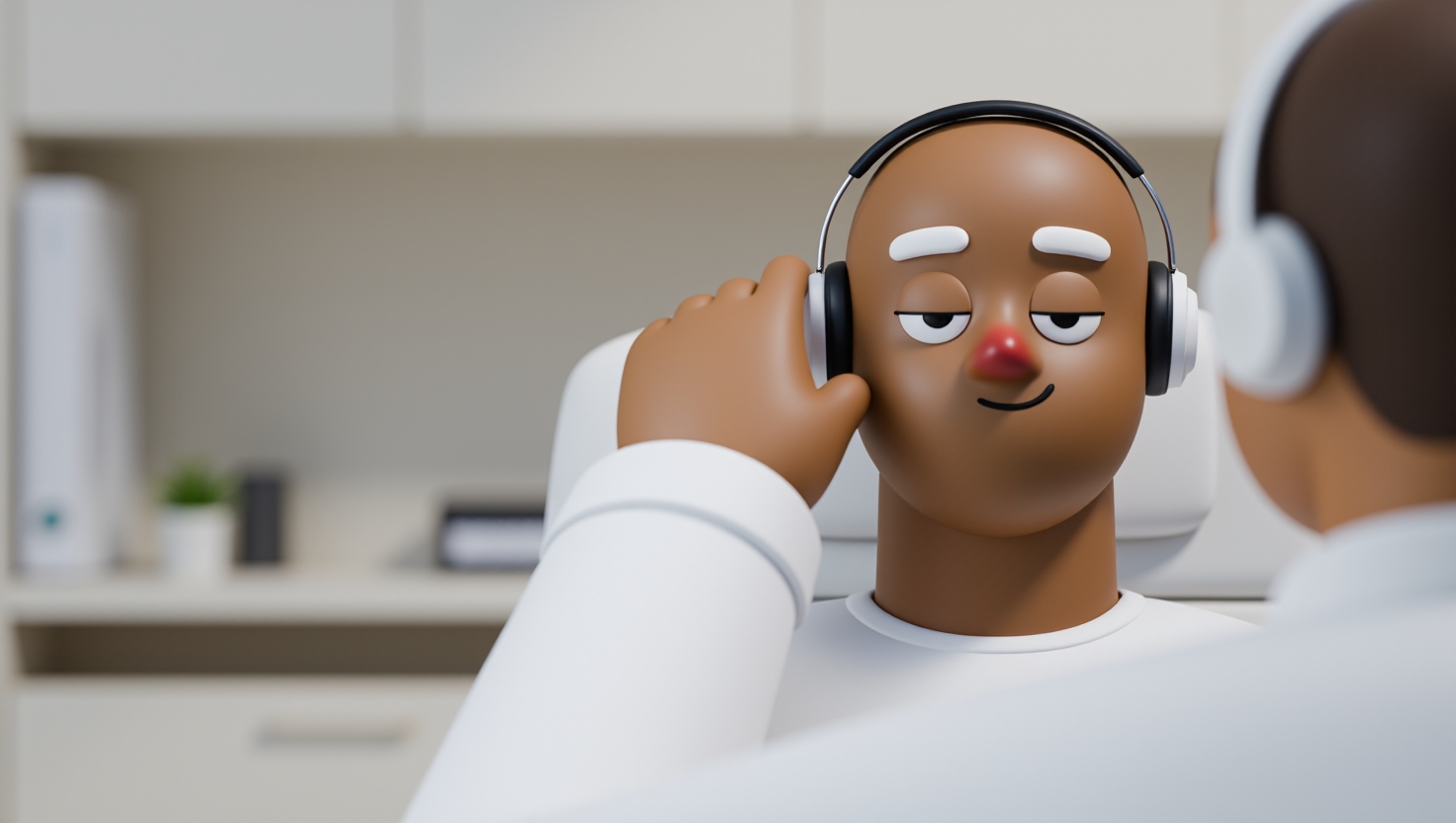What Is That Crackling Noise in My Ears?
This article is for educational purposes only and is not medical advice. Please consult a qualified healthcare provider for diagnosis and treatment.
What Are Crackling Noises in the Ears?
Crackling noises in the ears are sounds such as popping, clicking, or subtle crackles that might be heard inside the ear canal or deeper within the ear. These noises can sometimes be heard when swallowing, yawning, moving the jaw, or even randomly without any clear trigger. While these sounds can feel strange or unsettling, they often indicate some form of change or issue occurring in the ear or surrounding areas.
To describe it simply, the crackling noise felt in the ears is similar to a tiny, shifting noise that catches attention. While often benign, crackling sounds reveal that something is affecting the tiny structures or air pressures inside the ear.
Common Causes of Ear Crackling Noises
Several frequent factors can lead to crackling noises in the ears. Understanding these can help identify when it may be necessary to seek medical advice.
- Earwax Buildup: Earwax serves an important protective function, but excessive buildup can trap tiny air pockets within the ear canal. When moving the jaw or swallowing, these air pockets can shift and create popping or crackling noises. For example, ear crackling sensations are sometimes noticed after swimming or showering, as trapped moisture combines with wax to produce these sounds.
- Eustachian Tube Dysfunction: The Eustachian tubes are narrow passageways connecting the middle ear to the back of the nose and throat, helping to balance ear pressure. When these tubes become blocked or fail to open properly — due to allergies, colds, sinus infections, or inflammation — pressure changes result in crackling or popping sounds. This is common during rapid pressure changes such as airplane takeoff and landing.
- Changes in Air Pressure: Rapid altitude changes, such as flying, driving through mountainous regions, or scuba diving, can cause sudden shifts in middle ear pressure. These shifts may lead to sensations of fullness, discomfort, and crackling noises as the ears attempt to equalize the pressure difference. This usually resolves once pressure is balanced.
- Temporomandibular Joint (TMJ) Issues: The TMJ is the joint connecting the jawbone to the skull, located near the ear. TMJ disorders can cause clicking or popping sounds during jaw movement that can be mistaken for ear crackling. Conditions such as jaw clenching and teeth grinding may cause such noises, sometimes accompanied by discomfort.
- Ear Infections or Fluid: Fluid accumulation from infections like otitis media (middle ear infection) or allergic reactions can alter pressure and sound transmission inside the ear, producing crackling noises. This may be accompanied by a sensation of fullness or muffled hearing.
- Muscle Spasms: Tiny muscles inside or around the ear, such as the tensor tympani or stapedius muscles, can involuntarily twitch or spasm, causing clicking or crackling noises. These spasms may be associated with stress, fatigue, or neurological conditions.
- Exposure to Loud Noises or Barotrauma: Loud sounds or barotrauma from pressure-related injuries can temporarily disrupt ear function, sometimes resulting in crackling sounds as the ear attempts to recover. In some cases, this can indicate injury to the eardrum or middle ear structures.
When Should You See a Doctor?
While occasional ear crackling is usually harmless and temporary, professional medical evaluation is recommended if any of the following occur:
- Crackling noises persist for several days, worsen over time, or occur frequently without clear cause.
- Hearing loss, dizziness, or balance problems develop alongside the crackling sounds.
- Pain or discharge comes from the ear.
- Crackling is accompanied by headaches, vision changes, numbness, or other neurological symptoms.
- Symptoms interfere with daily activities, work performance, or social life.
How Crackling Ears Can Affect Daily Life
Though often benign, ongoing crackling noises inside the ear can affect quality of life. Some common challenges include:
- Difficulty Concentrating: Persistent noises can distract during work, study, or conversations.
- Social Discomfort: Unexpected sounds in the ears may cause anxiety in social settings.
- Sleep Disturbances: Crackling sounds may worsen at night, disrupting sleep.
- Emotional Impact: Constant noise can lead to frustration, stress, or worries about health.
Recognizing these challenges is important as persistent symptoms may require attention and appropriate management.
What Does Research Say?
Medical research indicates that Eustachian tube dysfunction and excessive earwax buildup are common causes of ear noises affecting many people worldwide. Many cases improve with simple treatments such as ear canal cleaning, nasal sprays, or exercises to open the Eustachian tubes (like swallowing, yawning, or chewing gum). However, persistent or worsening symptoms should be evaluated by a professional to rule out infections or more serious conditions.
---
Ready to manage ear discomfort and improve your well-being? Schedule an appointment at Sleep and Sinus Centers today—online or call (678) 689-1100. Our experts provide personalized care to support your comfort and peace of mind.
Don’t let allergies slow you down. Schedule a comprehensive ENT and allergy evaluation at Sleep and Sinus Centers of Georgia. We’re here to find your triggers and guide you toward lasting relief.



